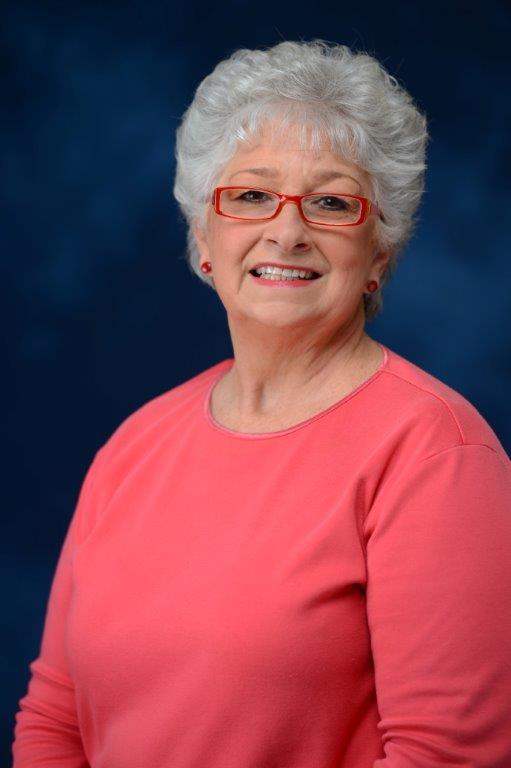Tax hearing Friday
Published 12:00 am Friday, August 28, 2009
By John Howell
Bankruptcy Judge David Houston heard testimony from Batesville aldermen Teddy Morrow and Bill Dugger and from Panola County supervisor Bubba Waldrup Friday in an effort by the city and county to collect ad valorem taxes from the bankrupt Tri-Lakes Medical Center.
“It’s nothing quite like I’ve seen before,” the judge said at the hearing’s conclusion. He gave himself five weeks to allow for additional research before rendering his decision.
DeSoto County attorney Al Welshans, who, with attorney David Blaylock of Memphis, has been hired to represent the City of Batesville and Panola County in their efforts to collect $1.9 million in ad valorem taxes due from the facility, questioned the three elected officials to establish that the facility owed the taxes.
UPS Capital and Stillwater National Bank, the bankrupt facility’s major creditors, have objected to paying the taxes, citing an ad valorem tax exemption in state law for non-profit hospitals.
Welshans first questioned Dugger about the bid process that led to the hospital’s sale in 2005.
“What was the determining factor as who was the highest bidder?” asked Welshans, referring to competing bids submitted by prospective buyers.
“Their bid was about $10 million higher because of the taxes,” Dugger said, referring to the successful bid by Physicians and Surgeons Hospital Group.
Asked if the payment of ad valorem taxes had not been counted in the Physicians and Surgeons bid, who would have had the highest bid, Dugger replied, “Baptist, by several hundred thousand.”
Baptist Memorial Health Care Corporation operates non-profit hospitals in Mississippi.
Welshans’ followed with additional questions about when city and county officials first learned that Dr. Robert Corkern had formed a non-profit corporation to purchase the hospital and about the sales contract in which the non-profit Physicians and Surgeons Hospital Group agreed to assume all the purchase obligations that Corkern had agreed to, including payment of ad valorem taxes.
Morrow and Waldrup also testified that Physicians and Surgeons’ agreement to pay ad valorem taxes was the basis for its selection to be the hospital’s buyer.
Cross examination from Andrew Turner, who represented UPS Capital, concentrated on the notice requirements for tax exemptions and whether representatives of property owned by churches, the state or the National Guard have to come before the elected officials to request tax exempt status.
“If you had had to pay the (ad valorem) taxes, could you have kept the hospital open?” Turner asked Tri-Lakes Chief Restructuring Officer Michael Morgan.
“Probably not,” Morgan replied.
Later, during attorneys’ closing remarks, Turner told the judge that the city and county had “no authority to make the agreement” requiring the non-profit hospital to pay ad valorem taxes.
“There’s no question that the hospital qualifies” (as a charitable hospital by the definition in state law), Turner continued. “Nobody went and did a legal opinion of whether they could go and do this” (contractually require the ad valorem tax payment).
“If you can waive your constitutional right to a trial by jury, then you can certainly sign a document waiving exemption …” from ad valorem taxes, Welshans countered before the judge.
“I’m still wrestling,” Judge Houston said at the end of the lawyers’ presentations. “There’s pluses and minuses on both sides of the ledger.
“What was UPS’s role as the lender in the transaction?” the judge asked, rhetorically. “Surely there was an awareness that taxes were part of the deal.”
However, the judge also noted the hospital, “not having to shut its doors (during the bankruptcy) because of the cooperative spirit of UPS Capital and Stillwater National Bank.”
“I’m going to take a little time to make a decision,” he said, before setting the schedule for lawyers to file brief in support of their positions.





